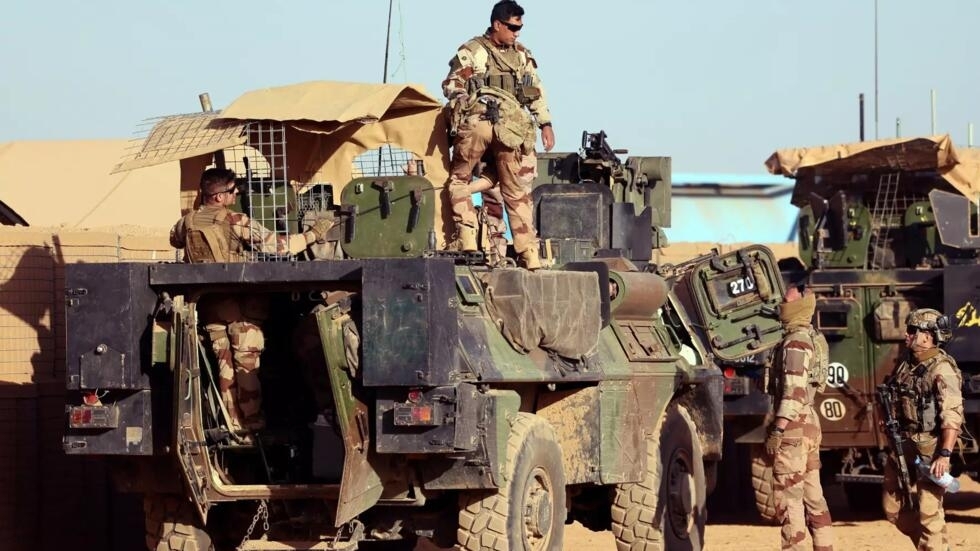
The United States will complete the withdrawal of all its forces and equipment from a small base in Niger this weekend, with fewer than 500 remaining troops set to depart a critical drone base in the country by August. This action is ahead of a September 15 deadline agreed upon with the new ruling junta, according to Major General Kenneth Ekman, the American commander overseeing the withdrawal.
Ekman stated that small teams of 10-20 U.S. troops, including special operations forces, have relocated to other West African countries, while the majority will initially move to Europe. Niger’s expulsion of American troops following last year’s coup has significant implications for U.S. operations, particularly the abandonment of a vital drone base used for counterterrorism in the Sahel region south of the Sahara, where groups linked to al-Qaeda and ISIS operate.
U.S. military leaders, including Ekman, have indicated that other West African nations are interested in collaborating with the United States and may consider expanding American presence. While specific locations were not detailed, Ivory Coast and Ghana have been mentioned as potential options by other U.S. officials.
Ekman, who serves as the director for strategy at U.S. Africa Command, is overseeing the withdrawal from the Niamey airport base and the larger counterterrorism base in Agadez. A ceremony marking the completion of the pullout from the airport base is scheduled for Sunday, with the final 100 troops and the last C-17 transport aircraft departing thereafter.
Under the junta’s agreement, two-thirds of U.S. troops and equipment are required to be out of Niger by July 26, accelerating the Pentagon’s withdrawal timeline. This deadline underscores the challenges faced by U.S. Africa Command in addressing counterterrorism gaps amidst escalating threats from extremist groups in the Sahel.
Ekman highlighted the activities of Jama’a Nusrat ul-Islam wa al-Muslimin (JNIM), active in Mali, Burkina Faso, and Niger, and their potential expansion into Benin and Togo. He emphasized the strategic importance of Niger in combating these threats and the complexities of operating from outside the country.
Discussions with coastal West African nations continue, with some expressing interest in partnering with U.S. forces, although readiness varies. Ekman noted that Togo, for instance, remains undecided about hosting additional U.S. military personnel.
Ekman assured that while some infrastructure and non-essential equipment will be left behind in Niger, larger equipment, such as generators, will be removed. Unlike the withdrawal from Afghanistan, where equipment was often destroyed, Ekman stressed the intention to leave facilities in good condition to preserve future security cooperation options.
Niger’s junta ordered the departure of U.S. forces following the ousting of the country’s elected president by mutinous soldiers last July. The military takeover prompted Washington to designate the event as a coup in October, triggering restrictions on military support and aid.
Ekman noted that fewer than 100 Russian troops remain at a base near Niamey, training Nigerien forces, with plans for their departure once their mission concludes.
